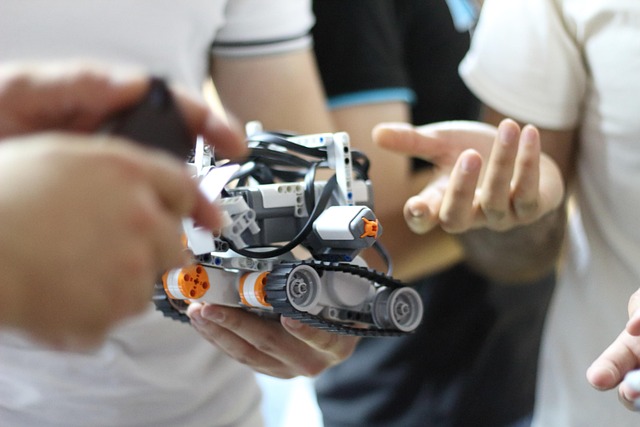Article Title:The complete Duhemian underdetermination argument: scientific language and practice
Abstract:
Current discussion of scientific realism and antirealism often cites Pierre Duhem's argument for the underdetermination of theory choice by evidence. Participants draw on an account of his underdetermination thesis that is familiar, but incomplete. The purpose of this article is to complete the familiar account. I argue that a closer look at Duhem's The aim and structure of physical theory (1914) suggests that the rationale for his underdetermination thesis comes from his philosophy of scientific language. I explore how an understanding of physical laws as symbolic is meant to support the thesis. In the course of my argument, I point out that Duhemian underdetermination is not meta-practical but grounded in the practice of science, specifically in the scientist's use of instruments and measurement techniques. Measurement has a significant limitation, according to Duhem: it always involves approximation and a degree of experimental error. Consequently, it cannot overcome the gap between the ordinary, concrete language of observation and the (abstract and symbolic) mathematical language of science. Moreover, Duhem argues that the use of instruments in experiment invokes whole groups of theories. I contend that, ultimately. this reliance on auxiliary assumptions-which makes possible the use of instruments-is the foundation of his thesis and that recognizing this completes the familiar account of his underdetermination argument. (C) 2002 Elsevier Science Ltd. All rights reserved.
Keywords: Duhem; Suppes; underdetermination; measurement; physical theory
DOI: 10.1016/S0039-3681(02)00027-4
Source:STUDIES IN HISTORY AND PHILOSOPHY OF SCIENCE
Welcome to correct the error, please contact email: humanisticspider@gmail.com



